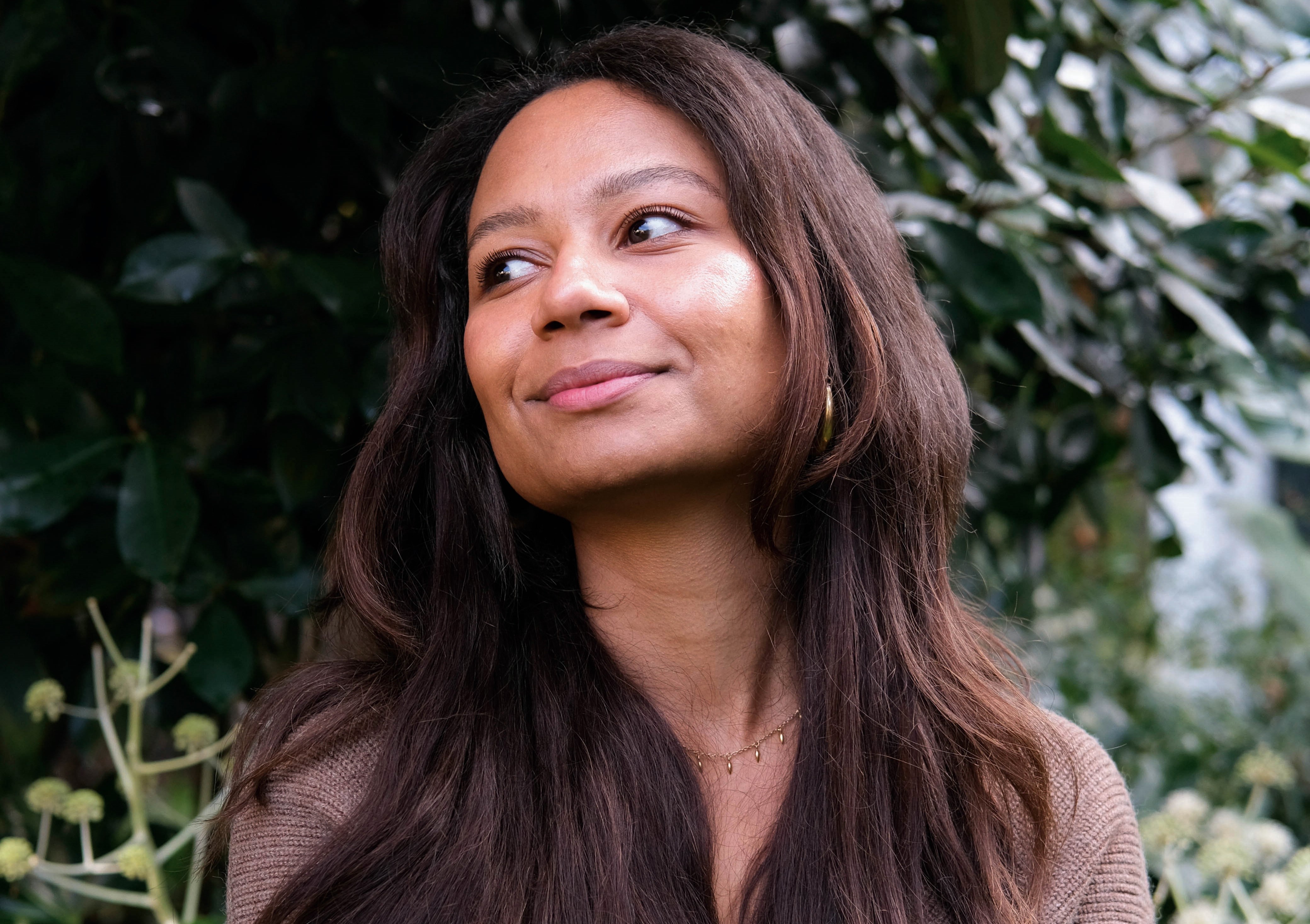Jo Hamya’s The Hypocrite essentially switches between the perspectives of Sophia, a 28-year-old playwright from London, and her father, a famous writer who is deliberately referred to only as “Sophia’s father.”
While her father attends a matinee of Sophia’s play, she sits above him in a rooftop restaurant, enduring a tense lunch with her mother. When the father is given a tour of the theater before the play begins, his guide tells him, “It’s very generous of him to come.” Hamya lets the word “generous” serve as a gentle warning – both to the father and to the reader.
The theatre set works in several registers. Sophia’s father is literally sitting in the audience. He immediately recognises the kitchen on the stage as that of the house where he and Sophia spent a summer in Sicily. “No memory could be so faithful,” he thinks; there is probably a hint of fear in the feeling. “He is not sure whether he should take care of himself or not,” writes Hamya – a brilliant moment that calls into question not only Sophia’s intentions but also the theatre’s project itself.
Hamya occasionally draws the reader’s attention to the technical aspects of the production; these, too, are linked to the concerns of her characters. The play is available both in person and via streaming. When streaming, Sophia’s work “makes more sense (…) It looks less like two imaginary people on an imaginary set.”
The novel is centred on memories and their distortions; the question of what is real and what is representational is at the heart of the story. Hamya also draws attention to the importance of housekeeping, a task left to a servant, Elena, in Sicily and to Sophia’s mother in London. Neither Sophia nor her father seem particularly interested in the daily tidying up.
Tension builds both on and off the stage. Sophia’s memories of that summer, when she helped her father work on a book by taking dictation from him, conflict with her father’s. When she planned to spend the day with Anto, a boy neither she nor her father knew, her father advised her to protect Anto, not his daughter: “It is of the utmost importance that you leave the boy unharmed (…) I would be grateful if you would prevent his heart from being broken.”
As he watches the play, the father’s thoughts on gender become defensive. He has imagined conversations with other audience members that become reality during the intermission. A theatergoer tells him that Sophia’s work is “nothing brave,” Sophia is “making a show out of reclaiming the work of a privileged white man,” so he publicly defends his daughter while privately grappling with her work. Meanwhile, at the rooftop restaurant, Sophia assures her mother that the man in the play is not her father. “It’s a feminist play about men How him,'” she says.
This difference runs throughout the novel. “Will he have a daughter after the matinee?” the father wonders. The reader is left wondering if he expects forgiveness from his daughter or if he believes he is in a position to forgive her himself – or to refuse to forgive her. Hamya’s complex and nuanced work invites both her characters and her readers to ask questions that linger even after the play’s third act.

